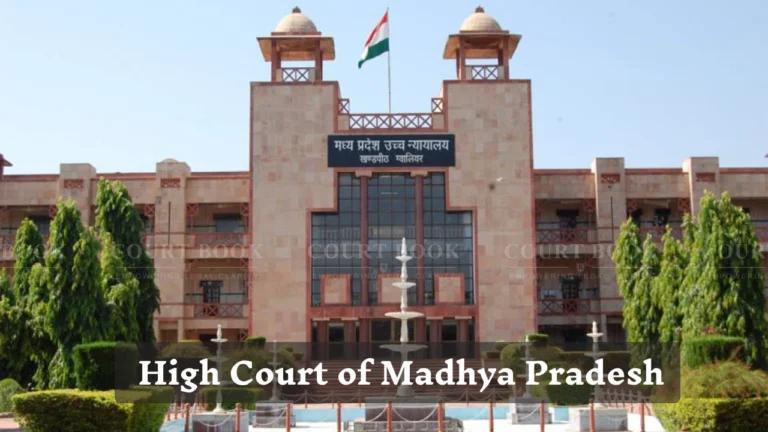The Madhya Pradesh High Court at Gwalior has overturned a trial court's decision in a family land partition case, ruling in favour of petitioner Pawan Pathak. Justice Hirdesh, delivering the order on 29 August 2025, directed the trial court to substitute Pathak as plaintiff in place of his late mother, Munni Devi, on the strength of her registered will.
Background of the Case
The dispute centres around agricultural land situated in Village Bilheti, District Gwalior, spread across several survey numbers. Munni Devi, daughter of the late Jagannath Prasad Mudgal, had filed a civil suit in 2021 seeking declaration, partition, and injunction over her one-third share of the property. During her lifetime, she executed a will on 4 May 2024, bequeathing her movable and immovable properties to her husband and children. She passed away shortly after, on 12 May 2024.
Read also:- Punjab & Haryana High Court Allows ED Access to Foreign Asset Files in Amarinder Singh Tax Case
Following her death, her son Pawan Pathak applied before the 6th Civil Judge, Senior Division, Gwalior, seeking substitution as plaintiff under Order 22 Rule 3 of the Civil Procedure Code (CPC). He argued that as a Class-I heir and beneficiary under the will, the right to pursue the case survived in his favour. However, the trial court dismissed his plea in January 2025, observing that other heirs also existed under the will but were not included in the substitution application.
Justice Hirdesh examined the trial court's reasoning and found it legally unsustainable. Citing earlier rulings, including Shakuntla vs. Shaturghan (1993 MPWN 99) and the Supreme Court's decision in Dolai Molliko vs. Krushna Chandra Patnaik (AIR 1967 SC 49), the High Court reiterated that a valid will-holder represents the estate of the deceased.
Read also:- Supreme Court Upholds Validity of Joint Will, Directs Compensation to Heirs in Family Property Dispute
"The court observed that unless there is evidence of fraud or collusion, a person named in the will can be substituted as plaintiff in place of the deceased, since he effectively represents the estate," Justice Hirdesh noted in his order.
The High Court held that the trial court had erred in rejecting Pathak's application merely because other heirs were not named. It clarified that the absence of their names does not invalidate the substitution, provided the estate is otherwise represented fairly.
Read also:- Supreme Court Directs AIFF to Ensure Smooth 2025-26 Football Season
The High Court went a step further, sharply criticising the presiding officer of the trial court, Ms. Varsha Bhalavi. Justice Hirdesh remarked that the trial judge displayed "no basic knowledge of law" and required training in procedural law at JOTRI (Judicial Officers’ Training and Research Institute). The order directed that a copy be forwarded to the District Judge, JOTRI Director, and the Registrar General of the High Court at Jabalpur.
By allowing the petition, the High Court ensured continuity of the original civil suit and reaffirmed the principle that legal heirs or will-holders should not be denied the right to represent the estate due to technicalities. The ruling carries broader implications for inheritance disputes across Madhya Pradesh, particularly in rural land partition matters where wills and succession often overlap with family claims.
In conclusion, the High Court's intervention not only restored the petitioner's right to pursue his mother's claim but also signalled the Judiciary's commitment to correcting procedural errors at the trial level.
Case Title: Pawan Pathak vs. Nathuram and Others
Case No.: Miscellaneous Petition No. 440 of 2025














